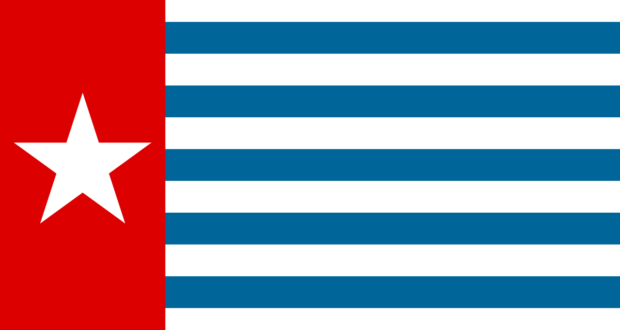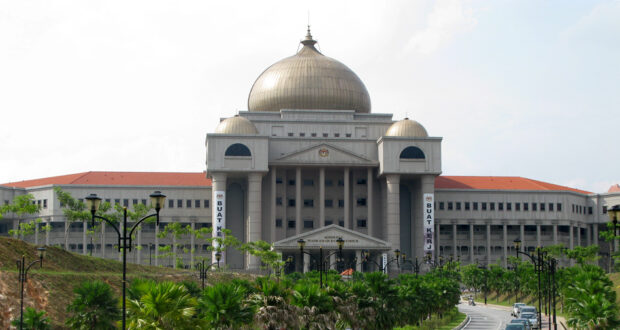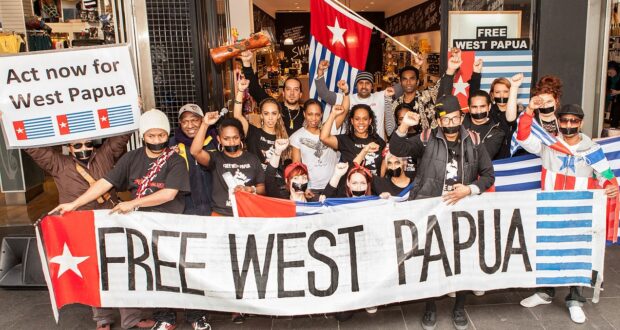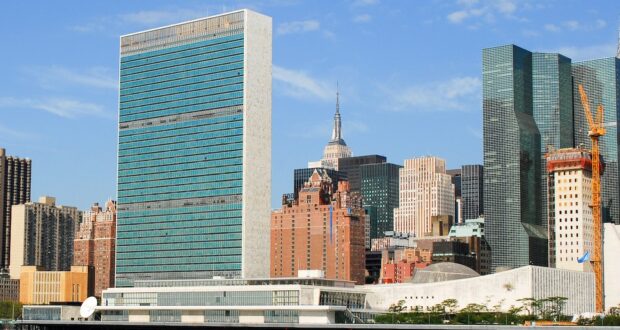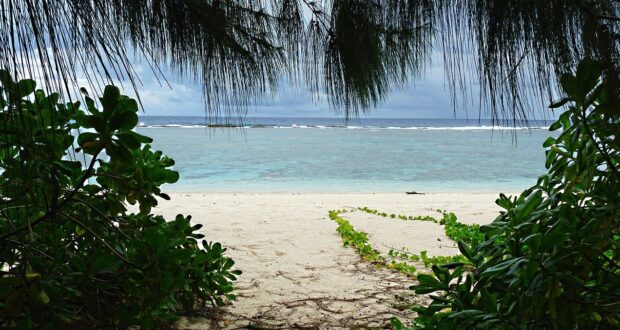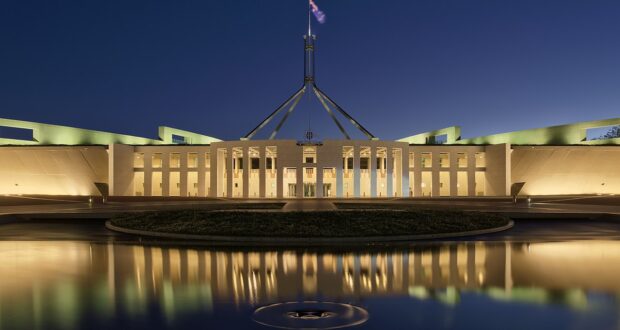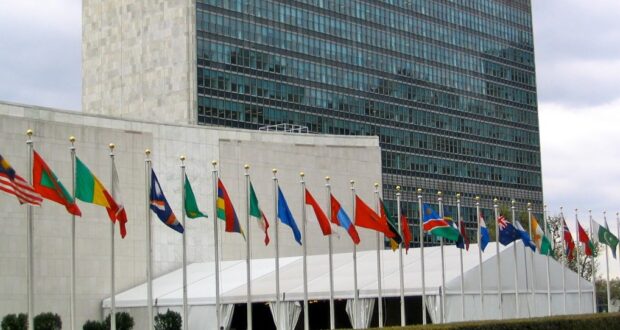Author Archives: Jessica Honan
Jessica Honan is a Bachelor of Laws (Honours) and Arts student at the Australian National University, majoring in Human Rights and French. Jess has interned with the Australian Institute of International Affairs, the Global Pro Bono Bar and is currently working on a project to legally enforce nuclear disarmament with the Micronesian Legal Clinic. Jess was awarded the National Council of Women Queensland Young Women Thinking Globally bursary in 2019. She is the current president of the International Relations Society at ANU and co-leads the ANU Law Reform and Social Justice Human Rights portfolio. She completed a tour to Cambodia to study transnational justice, and toured Myanmar under the Australian Government New Colombo Plan to research ethnic conflict. She speaks four languages, and her professional interests include the Law of Armed Conflict, transition justice and Human Rights law.
Jessica Honan
November 21, 2021
Asia and Pacific, Cultural Heritage under Threat, Global Governance and Human Rights, International Law, Uncategorized
West Papua has been a territory of Indonesia since it was annexed by the Southeast Asian country in 1962. Before then, it was a Dutch colony and has been a UN Trust territory. However, West Papuans have continuously agitated for independence on the basis of their distinct ethnic, cultural and religious diversity to the majority of Indonesia.
Read More »
Jessica Honan
October 30, 2021
Cultural Heritage under Threat, Latest Articles, The Americas, Uncategorized
The case of Ecuador has shown that language can be a political tool for contributing to the unification of a diverse country. The inclusion of all of the languages in the Ecuadorian Constitution plays an important political role.
Read More »
Jessica Honan
October 1, 2021
Asia and Pacific, Latest Articles
Malaysia has been independent from Britain since 1957, but the 133 years of British colonisation has left an impact on social, cultural and legal infrastructure of Malaysia. Whether or not to allow the continuity of this impact, or to reject this legacy, is an ongoing debate in Malaysia.
Read More »
Jessica Honan
September 2, 2021
Asia and Pacific, Global Governance and Human Rights, Latest Articles
West Papua is not recognised by the UN to be a Non-Self-Governing Territory (NSGT). However, there have been ongoing violent and passive protests and movements calling for independence.
Read More »
Jessica Honan
August 5, 2021
Global Governance and Human Rights, Latest Articles
The Charter of the United Nations, signed in 1945, is the constitutive instrument of the organisation, which provides for the powers invested in different bodies within the UN. However, the language is – as with most UN documents – aspirational, and its often vague nature is conducive to broad interpretations.
Read More »
Jessica Honan
July 5, 2021
Global Governance and Human Rights, Latest Articles
Under international law, treaties and instruments create an obligation for States to decolonise foreign territories. Yet despite this comprehensive body of law prohibiting colonisation (both outright and as a consequence of its effect on the right to self-determination and sovereignty), there are still cases in modern geopolitics where one State is an imperial power over a foreign territory.
Read More »
Jessica Honan
May 28, 2021
Asia and Pacific, Global Governance and Human Rights, Latest Articles
Unlike other liberal democracies, Australia’s legal protection of human rights is not through a Bill of Rights or human rights legislation, but through various Constitutional, common law and statutory protections.
Read More »
Jessica Honan
April 19, 2021
Global Governance and Human Rights, Latest Articles
Whilst the decision in the Chagos advisory opinion creates no legally enforceable outcomes, its jurisprudence and its redefinition of the right to self-determination will be relevant to future ICJ decisions on self-determination.
Read More »
Jessica Honan
March 21, 2021
Global Governance and Human Rights, International Law
Negotiation’s dynamic nature and general applicability means it is adapted to resolving a large portion of international disputes. This is evidenced by the fact negotiation is the most commonly employed tool for settling international disputes. Unlike more rigid forms of dispute resolution, such as judicial arbitration through legal proceedings before the ICJ, forms of negotiation occur daily in non-formal settings.
Read More »
Jessica Honan
February 15, 2021
Asia and Pacific, Global Governance and Human Rights, Latest Articles
Australia is a destination country for trafficked victims, particularly women from Southeast Asia, who are coerced into moving to Australia under the belief they will obtain better working conditions upon arrival. However, once in the country, these women are often forced into modern slavery in the sex industry to repay traffickers’ exaggerated fees.
Read More »
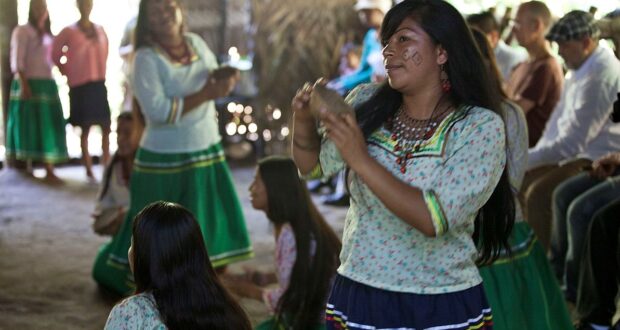
 Human Security Centre Human Rights and International Security Research
Human Security Centre Human Rights and International Security Research
